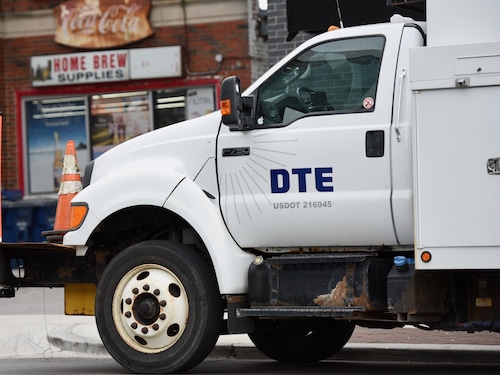DTE Proposes Major Rate Hike: What Michigan Customers Need to Know

DTE Energy, one of Michigan’s largest utility providers, has filed for a significant rate hike that could affect millions of residents. Whether you're an existing customer or simply concerned about energy costs, understanding what this means is crucial. Let's break down the essentials of the proposed changes and what they mean for DTE users and the broader community.
What Is DTE Proposing?
DTE seeks to raise electric rates by $574 million, its second-largest request in over twenty years. If the Michigan Public Service Commission approves the full proposal, residential customers could see their bills rise by about 11%. For an average household, this means paying roughly $13 more per month starting in early 2026.
This proposal follows several increases. In fact, this is the fourth consecutive year DTE has requested a rate hike. As highlighted in mlive.com’s coverage, DTE is emphasizing ongoing investments in the electric grid, aiming to improve reliability and resilience against extreme weather.
Why Is DTE Requesting a Rate Hike?
The utility claims that the increase is needed to improve grid reliability, transition to cleaner energy sources, and maintain infrastructure as the energy market evolves. According to the company, investments have led to a "nearly 70% improvement" in outage restoration in 2024 compared to the previous year. DTE argues that these investments benefit all customers by making the power grid sturdier and more sustainable.
However, not everyone agrees with the approach or the timing. Consumer and environmental advocates argue that Michigan already has some of the highest electricity costs in the Midwest, while reliability issues persist. These concerns are detailed in Detroit News's investigation, which also notes that advocates view repeated rate increases as a strain on families and small businesses still recovering from previous hikes.
How Will This Affect Michigan Residents?
If the rate hike is approved without changes, residential DTE customers in Michigan will see about an 11% jump in their monthly bills. The actual increase depends on electricity usage. For example, an average customer using 500 kilowatt hours per month could see their bill rise by more than $11. The proposal also affects commercial and industrial customers, though at slightly lower rates. The latest hike could be especially challenging for those on fixed incomes or already struggling with rising living costs.
Notably, the Michigan Environmental Justice Coalition and other grassroots organizations have criticized the hike, urging citizens and state officials to scrutinize DTE’s spending and priorities. FOX 2 Detroit’s report provides insight into the pushback from local activists who argue that the company should focus more on affordability and equity.
What Happens Next?
DTE’s application marks the beginning of a formal 10-month review process with state regulators. During this period, the public is welcome to comment and express concerns. In past years, regulators have often approved lower increases than DTE initially requested. For instance, a proposal for a $622 million hike in 2023 was reduced by more than 40% after review.
As this process unfolds, advocacy groups, community organizations, and state officials will play a critical role in influencing the final decision. Residents are encouraged to stay engaged, monitor updates, and participate in public comment opportunities.
Conclusion: What Should DTE Customers Do Now?
Keeping informed is vital as DTE navigates its latest rate case. Be sure to check reputable news sources and stay alert for opportunities to voice your opinion. With the potential for higher costs on the horizon, now is the time for Michigan residents to assess their energy usage and plan for possible changes in household expenses. For the latest updates, follow news from outlets like The Detroit News and mlive.com, and consider reaching out to community organizations advocating for fair utility rates.